I offer Ketamine-Assisted Psychotherapy (KAP) in partnership with an organization called Journey Clinical. Ketamine-Assisted Psychotherapy (KAP) is a holistic modality in which ketamine is used as a complement to psychotherapy to help eligible people experience more frequent breakthroughs and sustained improvement in symptoms. I take on the psychotherapy portion of the experience, while Journey Clinical’s medical team supports you on all medical aspects. This includes determining eligibility, developing a custom treatment plan in partnership with me, and prescribing the medicine and monitoring medical outcomes.
What is Ketamine?
● Ketamine is a legal, safe and effective medicine traditionally used as a dissociative anesthetic. It was first synthesized in 1962 and approved for use in the USA in 1970. It is now used to treat a variety of mental health conditions, including Depression, suicidality, OCD, Anxiety and PTSD. Ketamine has rapidly-acting antidepressant, anti-anxiety and mood-enhancing effects, which can begin to take effect within 1-2 hrs. after treatment. It works by blocking the brain’s NMDA receptors as well as by stimulating AMPA receptors, which are thought to help form new synaptic connections and boost neural circuits that regulate stress and mood.
Ketamine-Assisted Psychotherapy (KAP)
Ketamine has been shown to enhance overall neuroplasticity for lasting symptom improvement. Neuroplasticity is key in you developing new ways of thinking/feeling/behaving. Its mechanism of action impacts the reward and motivation system, as well as disrupts fear memory consolidation-two very instrumental operating systems involved in mental health and well-being.
Because of the window of opportunity that opens up following a dose of Ketamine, it’s very beneficial to have a structured therapeutic plan in order to take advantage of this increased neuroplasticity potential in the two weeks following the dosing session so as to maximize the therapeutic results. Ketamine-assisted psychotherapy (KAP) uses low and moderate dose of ketamine to enhance and deepen psychotherapy. While ketamine alone can often have an immediate antidepressant effect, the literature suggests that ketamine is most effective when paired with psychotherapy. Change is best facilitated within a structured, supportive psychotherapeutic environment with trained and skilled clinicians who are focused on assisting clients with their issues, hopes, desires and struggles (set, setting and integration).
How Does Ketamine Feel?
● The effects of ketamine, which most patients find pleasant, last for approximately 45-60 minutes. These effects can make you feel “far from” your body, and facilitate shifts in perception that can often feel expansive in nature. Your motor and verbal abilities will be reduced, so you’ll be lying down in a comfortable position during the experience. Once these effects subsided, we’ll spend the remainder of our appointment giving you space to process and discuss your experience. While it may feel hard to articulate what happened during the experience, people feel like the insights gained are none-the-less clear.
● Ketamine can be administered in a variety of ways, including IV infusion, intramuscular injection, via nasal spray and using sublingual lozenges. In my work with Journey Clinical we only use the sublingual lozenge form.
How Does Ketamine-Assisted Psychotherapy Work?
1. Initial consultation with Journey Clinical
● You schedule an initial evaluation with a clinician from the Journey Clinical medical team via zoom. They will go over your medical and psychiatric history with you, provide education on the treatment and determine if you are eligible for KAP. Journey Clinical and I collaborate on this first step in determining eligibility.
● If Journey Clinical’s medical team determines that you are eligible for KAP, they will develop a personalized Ketamine prescription and outcome monitoring plan for you in conversation and consultation with me.
● Journey Clinical’s medical staff will write a ketamine prescription for you, and a small amount of oral ketamine will be sent to your home, enough for the first 2 KAP sessions.
2. Preparation sessions:
● Once you receive your ketamine lozenges, we will schedule time together for our KAP preparation, dosing and integration sessions. Preparation session(s) will be scheduled just like regular therapy sessions prior to the KAP dosing session. The goal of a preparation session(s) is to align on the process and set intentions for our KAP sessions together; this maximizes your psychotherapeutic process.
3. KAP Dosing Session:
● A typical ketamine dosing session lasts between 2-3 hours and can take place either in-person at my office, or remotely via telehealth, or in your home.
● During a dosing session, you will self-administer your ketamine lozenge either in my office or in your home. You will be in a comfortable, reclining position wearing an eye mask and listening to calming music which I will provide in collaboration with you. Music has been found to be an important aspect of KAP. Although a KAP dosing session may be largely an internal experience, I will be present with you the entire time to hold safe space and provide support as needed. It has been found that having the support of a psychotherapist during the session supports you in processing thoughts and feelings and sensations as they come, in this way facilitating healing and transformation.
4. Integration Sessions:
● After our KAP dosing session, we will meet for multiple integration therapy sessions to review the memories, thoughts & insights that arose during your dosing session, and to prepare for the next dosing session.
5. Follow-up consultations with Journey Clinical:
Follow-up Consultations with Journey Clinical : After our first KAP session, Journey Clinical’s medical team schedules regular follow ups with you to monitor outcomes and prescribe ketamine lozenge refills, as appropriate. The frequency of follow ups depends on your unique treatment plan, at a minimum of once per quarter.
Please contact me for more information regarding cost of treatment.
Important Links
Efficacy of Ketamine Therapy in the Treatment of Depression
https://www.ncbi.nlm.nih.gov/pmc/articles/PMC6767816/
Ketamine Treatment for OCD
https://www.nature.com/articles/npp2013150
Ketamine for PTSD

